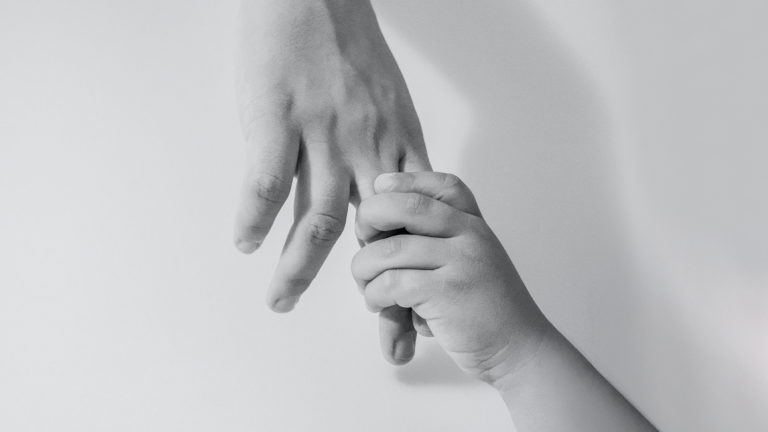Real Talk
Breaking the Cycle of Generational Trauma and Toxic Patterns
Navigating generational trauma and the toxic patterns it entails is not simple. To break the cycle for good, it starts with courage, and with you.
This story first came out in Modern Parenting’s 2022 print edition.
While generational trauma and toxic patterns may sound new but confronting trauma always makes it look “new” because it means going against what one has deemed normal.
Trauma, according to the American Psychological Organization, is often defined as an “emotional response to a terrible event.” Yet, it’s not always a single event that causes the trauma. Many often forget that trauma can persist through lingering and unresolved feelings, some passed down through the years. That kind of trauma has a diagnosis: C-PTSD (Complex Post-Traumatic Stress Disorder) which even celebrity Maxene Magalona has opened up about. But for many younger parents, it’s commonly known as generational trauma.
If there’s anything Disney films such as Encanto, and Turning Red have taught us, it’s that emotional and stressful damage one goes through may not always involve external factors — it’s not always a big, bad, villain who is out to wreak havoc on a person. Sometimes, it can come from well-meaning (yet misguided) family members whose unresolved dark and painful feelings slowly influence their actions, decisions, and daily routines. From increased demand for control to parenting inconsistencies, these are signs that generational trauma exists.

Generational trauma comes from never getting the closure we need.
Yet confronting those accountable for inflicting pain may often imply destructive social repercussions especially if they are older family members. Ideally, the concept of pakikisama in Filipino culture expresses the idea of everyone “wanting to get along” in hopes that everyone grows. But when magnified by our cultural norm to respect elders, this means older family members are hardly held accountable for their actions, reinforced by the belief that they are always right.
But feelings don’t dissipate into thin air. The person, left with the invalidated hurt and pain, forces themselves to make meaning out of the negative emotion. But in a way that will not “rock the boat”. A constant repetition of these kinds of behaviors creates what many call toxic patterns or more commonly known as a cycle of abuse.
There are two ways generational trauma transforms a child and affects their growth into adolescents and eventually, adulthood. One, it can make them appear more empathetic with a side order of anxiety, resulting in a more people-pleasing personality. On the other hand, it can make them completely reject the world and engage in violent, destructive, and anti-social behavior.
Where to Begin in Breaking the Cycle
Many families suffer from generational trauma. Yet one thing people don’t talk about is how difficult it is to break the cycle.
How does one break away from something that many consider normal? When many of our relatives and family members minimize or silence our big emotions and pain, it becomes one large hurdle for those who want to break the cycle. It becomes a difficult choice to go against the grain and hope for change.
Breaking the cycle won’t happen in a single episode, and certainly not with a confrontational scene with outbursts and heightened emotions. Choosing to break from this toxic cycle begins with your own awareness.
Be aware of your own behavior.
When you find yourself yelling at someone because of a lack of patience or over a mistake, this could stem from the trauma of a parent or a relative inflicting punitive discipline. Perhaps, our doing so is because we once went through that same process. Yet breaking the cycle begins with yourself, and that includes checking your own learned behavior that could be doing harm to others.
Go to therapy if necessary.
A therapist is a trained professional who can help you unpack your unprocessed trauma and help you on the journey towards healing. There is no shame in seeing a therapist and getting the help you need.
Acknowledge that being a victim of these toxic patterns does not give you the right to hurt others with it.
Many times, those who are victims of generational trauma may end up hurting others but never apologize for the damage they have caused. But the important part of breaking the cycle is acknowledging that the damage you may have gone through as a child does not give you the right to hurt others the same way.
Accept that healing from generational trauma is never a linear process.
Breaking generational trauma is something that doesn’t happen overnight like they do in the movies. It takes something from within and healing oneself — sometimes you will stumble, but the important thing is to keep going.
More Real Talk? Here’s more!
How Jerika Ejercito Overcame Depression
Teens and Social Anxiety: What It Is And How To Deal With It
Why We’re Proud That Sunshine Dizon Opened Up About Her Mental Health Issues





